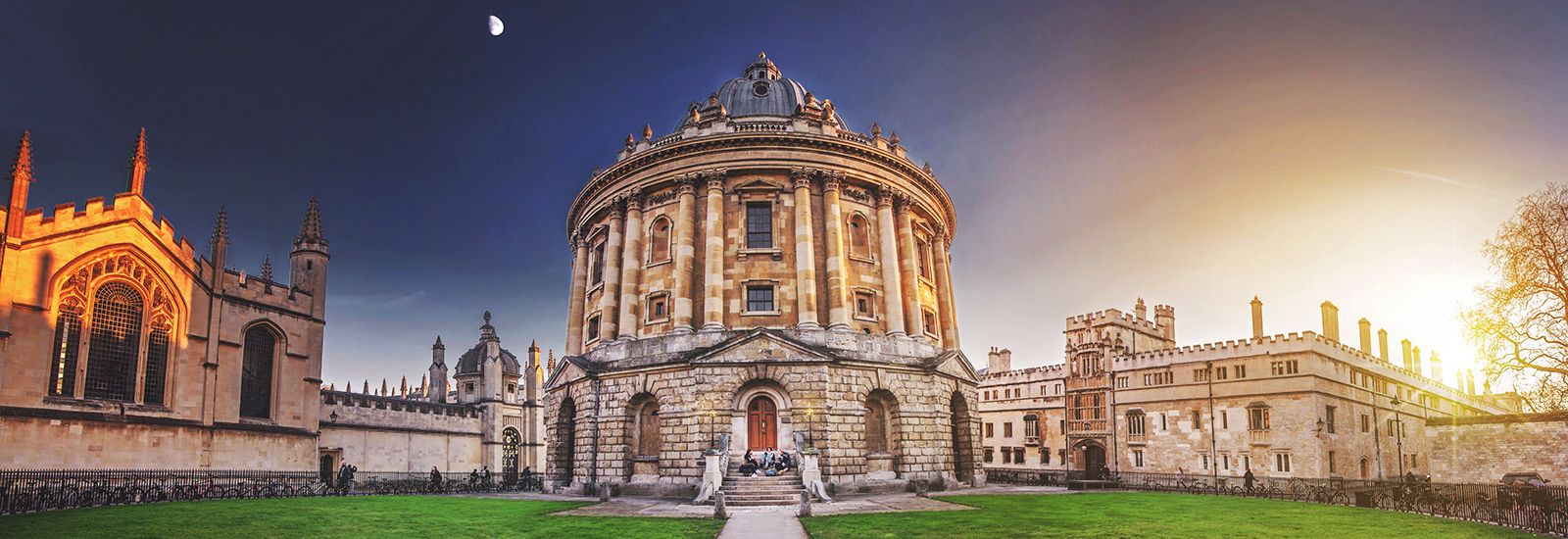
Radcliffe Square at dawn
Image credit: Elizabeth Nyikos / Graduate Photography Competition
A-Z of courses
Use this A-Z and search tool to explore all of Oxford's graduate courses.
Course
Mode of study
Expected length